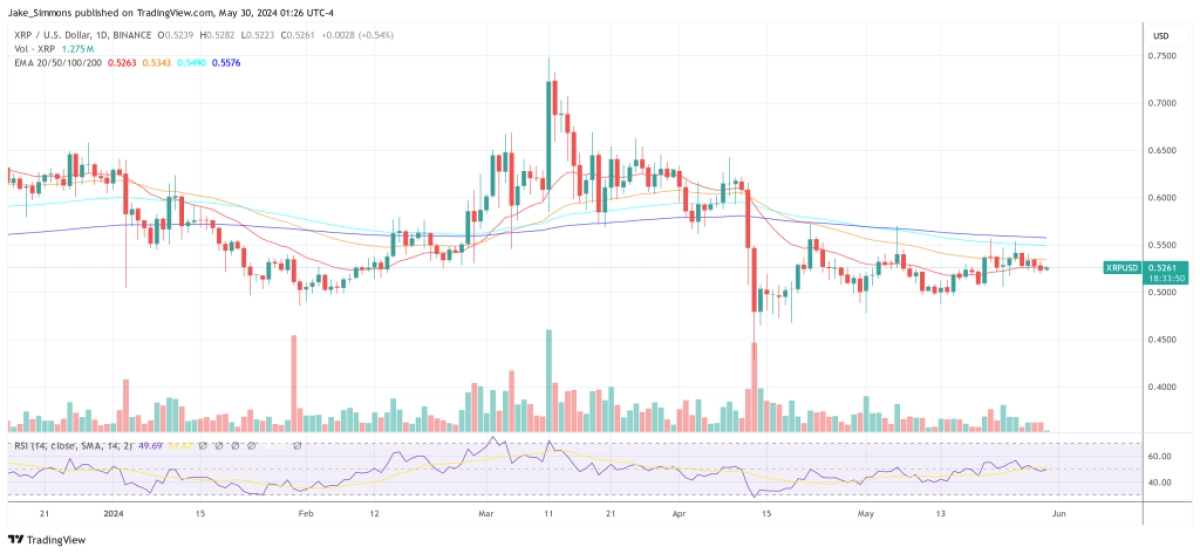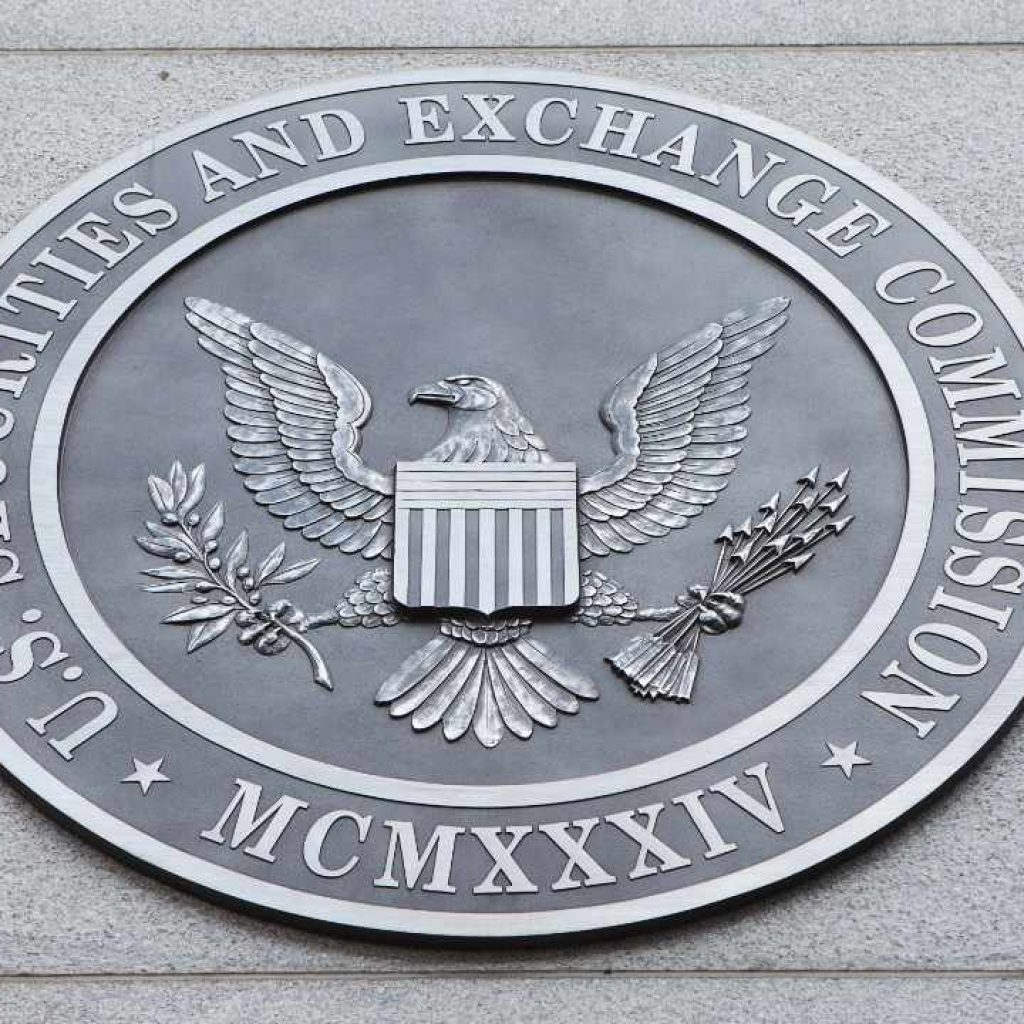Ripple Labs has escalated its defense against the US Securities and Exchange Commission (SEC) by specifically addressing two critical arguments from the SEC in their ongoing legal dispute, as outlined in a new filing submitted to Judge Analisa Torres of the Southern District of New York. This filing comes at a decisive moment, with the SEC advocating for penalties nearing $2 billion, contrasting sharply with Ripple’s recommendation of a $10 million cap.
Ripple Follows Up With New Filing
In the detailed letter to Judge Torres, authored by Andrew J. Ceresney of Debevoise & Plimpton LLP, Ripple contends against the SEC’s assertion that its current financial condition should influence the court’s decisions regarding historical penalties. Citing the SEC’s opposition brief, the SEC deemed this information “important to the Court’s determinations” on remedies relating to its past conduct.
Ripple refutes this by stating its financial health, assessed years after the alleged violations, should not bear relevance to the case. The defense argues, “Ripple is not arguing that it may be unable to pay any measured penalty, and there is otherwise no reason to believe that Ripple’s current financial statements (from years after the challenged conduct) are relevant to the Court’s analysis.”
The fintech company also points out the lack of necessity in disclosing its sensitive financial information, which could be dismissed by the court without considering such details. This perspective is fortified by legal precedents cited by the company, such as in Tropical Sails Corp. v. Yext, Inc., which recognizes a “legitimate privacy interest in the financial documents of a privately held company.”
The second major contention addressed concerns the SEC’s claim regarding the irrelevance of Ripple’s historical contracts due to changes in how XRP is sold. Contrary to the SEC’s description of these as “stale” information, Ripple argues through the declaration of Jonathan Billich, its CFO, that these past contract terms remain confidential and are commercially sensitive.
Billich’s declaration details that future counterparties could gain substantial leverage if they had access to the terms negotiated in past contracts. Ripple underscores that its sales methods have changed, and current sales of XRP are devoid of the conditions seen in past over-the-counter contracts, such as discounts offered to sophisticated counterparties.
The company further refutes the SEC’s incorrect assertions regarding the necessity of public disclosure of XRP prices under securities law, even if they were deemed investment contracts requiring registration. The court previously determined that XRP is not a security, thus differentiating the price terms in historical contracts from those applicable to registered securities.
Ripple’s defense strategy, particularly its firm stance on the non-relevance of its current financial situation and historical contracts to the SEC’s case, highlights the high stakes. As Ceresney aptly puts it in the filing, “Even if the SEC’s arguments were plausible, Ripple has still established a valid, commonly accepted basis for sealing its confidential financial documents,” emphasizing the company’s right for privacy and commercial sensitivity in the financial sector.
As reported, the legal proceedings are drawing to a close. The decision on whether Andrea Fox serves as a summary or expert witness, as determined by Magistrate Judge Sarah Netburn, remains the final step before Judge Torres can issue her ruling on the remedies phase of the case.
At press time, XRP traded at $0.5261.






